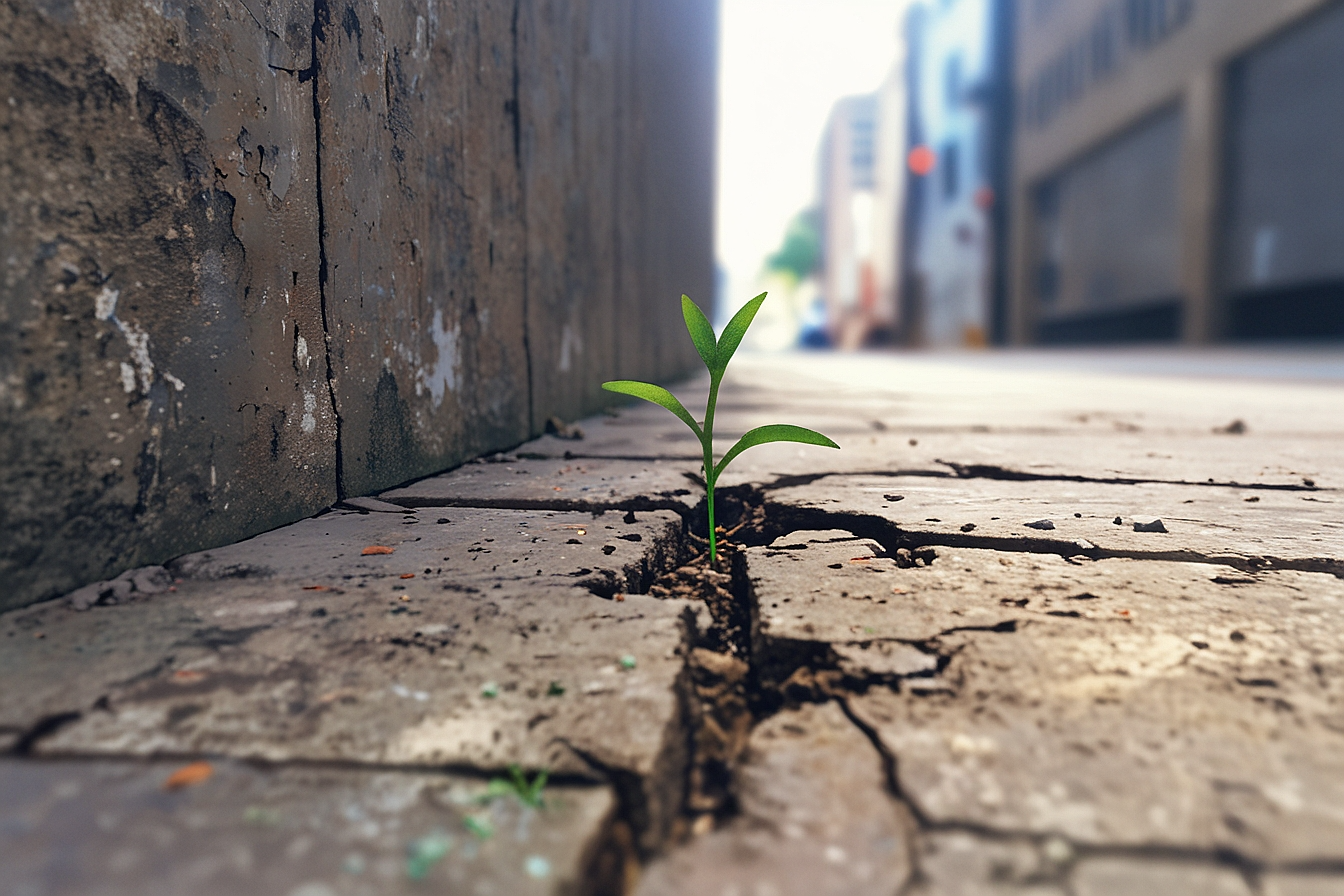Remember that time you completely bombed that presentation?
Or that awkward silence after your joke landed like a lead balloon? Yeah, me too.
We all have those moments where we feel like a total failure, where the sting of criticism leaves us questioning our sense of worth and wanting to crawl under a rock.
Understanding Criticism

Differentiating Constructive Criticism and Destructive Criticism
Not all criticism is created equal. Learning to differentiate between constructive and destructive feedback is crucial for building resilience and protecting your mental well-being.
Constructive criticism, while sometimes hard to swallow, is like bitter medicine—it might taste awful, but ultimately, it aims to help you improve. It focuses on specific wrong actions or behaviors, offering suggestions for growth and improvement. Think of a writing workshop where peers provide feedback on your work, highlighting areas for improvement while acknowledging your strengths.
Destructive criticism, on the other hand, is like a poison that seeps into your self-esteem and leaves you feeling worthless. Someone’s criticism is often personal, attacking your character rather than your actions. Imagine someone dismissing your entire project with a snide “This is garbage.” That’s destructive, unhelpful, and just plain mean.
Effects of Sensitivity to Criticism on Mental Well-being
Being highly sensitive people isn’t a character flaw. It just means you experience emotions more deeply, including the sting of criticism. While this sensitivity can make you more empathetic and understanding, it can also leave you vulnerable to the negative impacts of criticism.
Constantly feeling attacked, criticized or judged can take a toll on your mental health, leading to anxiety, low self-esteem, and even depression. It can also affect your personal and professional life, making you hesitant to take risks or share your ideas. This sensitivity can become a self-fulfilling prophecy, where the fear of criticism keeps you from reaching your full potential.
Understanding Criticism

Differentiating Constructive Criticism and Destructive Criticism
Not all criticism is created equal. Learning to differentiate between constructive and destructive feedback is crucial for building resilience and protecting your mental well-being.
Constructive criticism, while sometimes hard to swallow, is like a bitter medicine – it might taste awful, but ultimately aims to help you improve. It focuses on specific actions or behaviors, offering suggestions for growth and improvement. Think of a writing workshop where peers provide feedback on your work, highlighting areas for improvement while acknowledging your strengths.
Destructive criticism, on the other hand, is like a poison that seeps into your self-esteem and leaves you feeling worthless. It’s often personal, attacking your character rather than your actions. Imagine someone dismissing your entire project with a snide “This is garbage” – that’s destructive, unhelpful, and just plain mean.
Effects of Sensitivity to Criticism on Mental Well-being
Being a highly sensitive isn’t a character flaw; it just means you experience emotions more deeply, including the sting of criticism. While this sensitivity can make you more empathetic and understanding, it can also leave you vulnerable to the negative impacts of criticism.
Constantly feeling attacked or judged can take a toll on your mental health, leading to anxiety, low self-esteem, and even depression. It can also affect your personal and professional life, making you hesitant to take risks or share your ideas. This sensitivity can become a self-fulfilling prophecy, where the fear of criticism keeps you from reaching your full potential.
Building Emotional Resilience
So, how do we break free from the shackles of sensitivity and build the emotional resilience needed to handle criticism? It’s not about becoming a cold, unfeeling robot but rather developing a healthy relationship with yourself and the critical feedback you receive.
Cultivating Self-Compassion and Self-Awareness
The first step towards resilience is self-compassion. Treat yourself with the kindness and understanding you would offer a dear friend. Recognize that everyone makes mistakes, and criticism, even when harsh, doesn’t define your self-worth.
Self-awareness is equally important. Understanding your emotional triggers and how you typically react to criticism can help you develop coping mechanisms. Do you tend to get defensive? Withdraw? Lash out? Recognizing these patterns allows you to choose a more constructive response.
Practicing Mindfulness and Stress Management Techniques
Mindfulness practices like meditation and deep breathing can help you focus and stay grounded in the present moment, preventing you from spiraling into negative thought patterns triggered by criticism. These techniques also help manage stress, which can exacerbate your sensitivity.
Regular exercise, a healthy diet, and enough sleep are essential for building resilience. Caring for your physical well-being makes you better equipped to handle emotional challenges.
Developing a Growth Mindset

Try adopting a growth mindset instead of viewing perceived criticism as a personal attack. This means seeing challenges and setbacks as opportunities for learning and development.
When you receive critical feedback now, ask yourself: “What can I learn from this?” and “How can I use this to improve?” This shift in perspective can transform criticism from a source of anxiety to a catalyst for personal growth.
Remember, even the most successful people have faced criticism and rejection. It’s not about avoiding or receiving criticism but learning to process it healthily and use it to your advantage.
Effective Communication of Thoughts and Feelings

Sometimes, the best way to handle criticism is to address it head-on. If you feel the feedback is unfair or inaccurate, expressing your perspective and sensitive to criticism calmly and respectfully is okay.
Communicating your thoughts and feelings effectively can prevent misunderstandings and foster healthier relationships. This includes setting boundaries and letting others know how their words affect you.
For instance, instead of the person getting defensive, you might say: “I understand your concerns, but how you’re phrasing it makes me feel attacked. Can we discuss this more constructively?”
Remember, communication is a two-way street. Just as you expect others to be mindful of your feelings and reactions, you should strive to deliver criticism helpfully and respectfully.
Conclusion
Developing resilience to criticism is a journey, not a destination. There will be days when you feel like you’re back at square one, and that’s okay. Be kind to yourself, keep practicing, and remember that someone else’s opinion does not determine your worth.
By cultivating self-compassion, adopting a growth mindset, and practicing healthy coping mechanisms, you can learn to navigate criticism without letting it define you. You’ve got this.






Leave a Reply